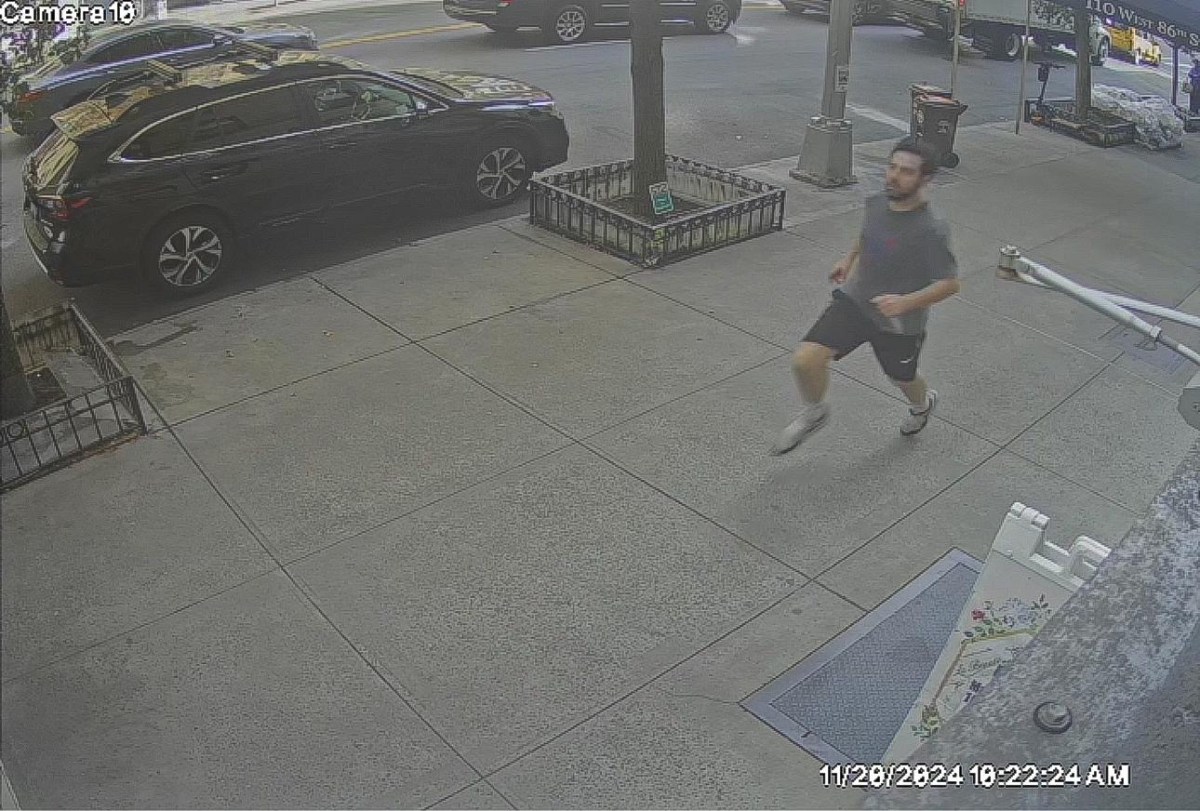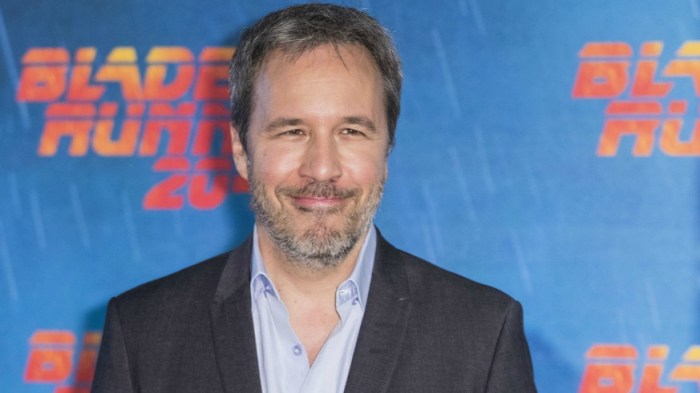It didn’t take long for Jared Leto to realize that there was something very special about Blade Runner 2049. The Academy Award winning actor knew the moment that he looked through the script, while his positivity towards the film only increased after he started to picture what those already confirmed would do with the material.
“I could sense something special was happening. When you read the script you knew it was special, but then when you imagined where Denis [Villeneuve], and that caliber of actors, could take it.”
But Leto recently admitted to me that what struck him most about working on “Blade Runner 2049” was that director Denis Villeneuve, screenwriters Hampton Fancher, Michael Green, and he and his fellow actors Ryan Gosling, Harrison Ford, Ana de Armas, Robin Wright and Dave Bautista had been given such a huge amount of creative freedom on the film. Which is especially rare on a blockbuster of this size.
Having previously worked on big-budget films like “Alexander,” “Lord Of War” and “Suicide Squad,” Leto recognized how unique an opportunity this was, because, from his experience, “the bigger the movie the less interesting it is.”
“It doesn’t happen like this, especially with a movie of this size. Usually the bigger the movie the less interesting it is. Not always. Sometimes it happens and you have ‘The Martian’. Which is a fu**ing great movie, and a giant movie.”
“The Dallas Buyers Club” actor admitted that due to these circumstances the talent involved in “Blade Runner 2049” inspired and galvanized the other members of the film’s cast and crew to reach new heights. “This is very special. We have a great team of people, and the process was really elevated. “
You’ll finally get to appreciate the work that the team behind “Blade Runner 2049” have put into the long touted sequel to the 1982 original when the film is released on October 6.

























